Diabetes
-

David H. Wasserman, esteemed scientist and professor of molecular physiology and biophysics, has died
A fellow of the American Association for the Advancement of Science, David Wasserman led groundbreaking research studies on the role of physical exercise, insulin-stimulation and diet in metabolism Read MoreJun 25, 2024
-
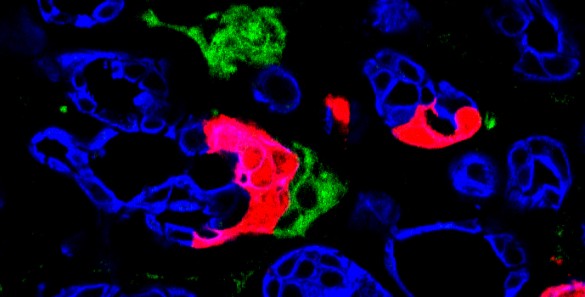
Teams to create one-stop resource for human pancreatic data to foster diabetes research
Leading investigators in diabetes, pancreas and islet biology, and computational biology have received $12.5 million in two five-year awards from the National Institutes of Health to create the world’s first, integrated knowledge base of human-derived tissue- and cellular-level pancreatic information to support innovative, collaborative and reproducible research. Read MoreMar 28, 2024
-

Study links gene network and pancreatic beta cell defects to Type 2 diabetes
A comprehensive study that integrates multiple analytic approaches has linked a regulatory gene network and functional defects in insulin-producing pancreatic beta cells to Type 2 diabetes. Read MoreDec 4, 2023
-

Pancreas “crosstalk” may influence course of Type 1 and Type 2 diabetes
In the largest study of its kind, researchers at Vanderbilt have identified unexpected alterations in the exocrine tissues of the pancreas that occur in the two major forms of diabetes, and with aging and obesity. Read MoreNov 1, 2023
-
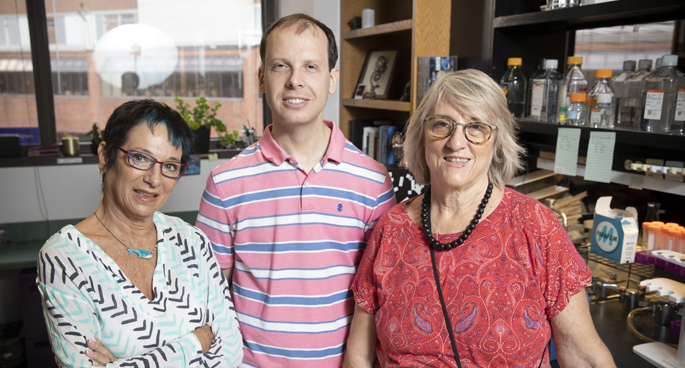
Releasing a brake that drives obesity and diabetes
Vanderbilt researchers have uncovered a potential new way to help curb the rapidly rising worldwide prevalence of metabolic disorders, including obesity and diabetes. Read MoreSep 6, 2023
-
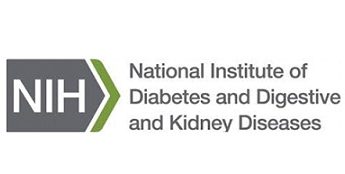
VUMC receives $28 million to lead national study of COVID-diabetes link
Researchers at Vanderbilt University Medical Center have received a four-year, $28 million grant from the National Institute of Diabetes and Digestive and Kidney Diseases to study the relationship between COVID-19 and diabetes. Read MoreAug 2, 2023
-

Diabetes Day celebrates 50 years of achievement, spotlights current investigations
Diabetes Day, an annual event hosted by the Vanderbilt Diabetes Research and Training Center, spotlights the work of Vanderbilt researchers. This year also marks the 50th anniversary of the center. Read MoreMay 23, 2023
-

Diabetes drugs associated with fewer adverse cardiac events in older veterans: study
Vanderbilt research finds that GLP1 receptor agonists — a class of diabetes medications — are associated with fewer major adverse cardiovascular events than another type of diabetes drug (DPP4 inhibitors) in older veterans with no prior heart disease. Read MoreMay 8, 2023
-
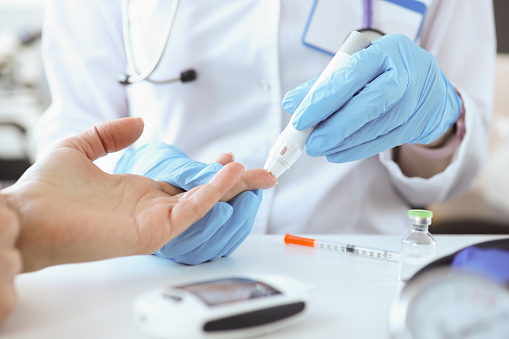
Weight cycling increases diabetes risk
Alyssa Hasty, Cornelius Vanderbilt Professor of Molecular Physiology and Biophysics, specializes in immunometabolism, specifically on the role that the immune system plays in obesity and metabolic disease. Recent work from her lab explored the changes in immune cell populations in fat during obesity, weight loss, and weight cycling. Read MoreJul 19, 2022
-

Study sheds light on the dark side of obesity
Vanderbilt research that promotes the anti-inflammatory pathway in macrophages could also reduce some of the bad side effects of obesity. Read MoreMay 12, 2022
-
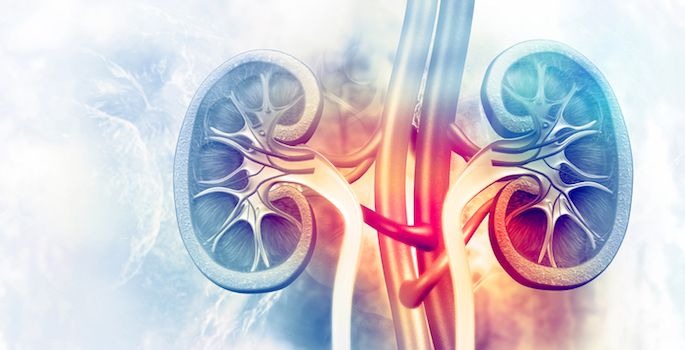
Gene expression in diabetic nephropathy
Vanderbilt researchers are looking to mRNA populations in podocytes — kidney cells that help filter blood — to help identify potential targets for treating diabetic kidney disease. Read MoreAug 5, 2021
-

Beta cell regeneration
Vanderbilt researchers dissected the complex microenvironment of the pancreatic islet to discover the signals that drive beta cell regeneration — as a possible treatment for diabetes. Read MoreMay 20, 2021
-
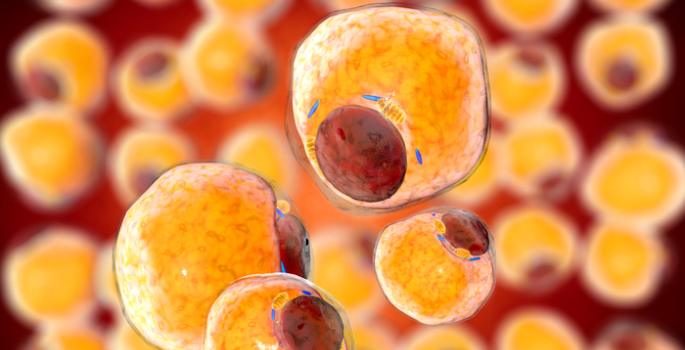
HIV, diabetes and immune cells in fat
In HIV-positive individuals with diabetes, immune cells in fat are more proinflammatory and cytotoxic and may represent a therapeutic target for diabetes. Read MoreMar 18, 2021
-

Targeting glucagon action in diabetes
Disrupting the action of glucagon — a pancreatic hormone that works to raise blood glucose — restores functional insulin-producing cells in mouse models of type 1 diabetes and may be a promising treatment strategy. Read MoreMar 4, 2021
-

Gene variant and glucose metabolism
Genetic variation that impacts glucose- and insulin-related signaling affects responses to type 2 diabetes treatments and warrants further study. Read MoreFeb 18, 2021
-

Early research shows promise for therapeutics that delay Type 2 Diabetes
Discovering the mechanism behind cell behavior that is a hallmark of type 2 diabetes, Vanderbilt researchers move closer to treatments for the disease, which affects 34 million Americans. Read MoreJan 12, 2021
-

Vanderbilt Diabetes Center seeks pilot and feasibility proposals to study interaction of SARS-CoV-2, diabetes
The Vanderbilt Diabetes Center, the NIH-funded Diabetes Research and Training Center, and the NIH-funded Center for Diabetes Translational Research seek pilot and feasibility proposals to study the interaction of SARS-CoV-2/COVID-19 and diabetes. Read MoreDec 16, 2020
-

Study sheds light on diabetes and COVID interaction
COVID-19 has been linked to cases of new-onset diabetes, diabetes-related emergencies and a higher death rate among diabetes patients. Read MoreDec 10, 2020
-

A cohort for type 2 diabetes studies
A study group of more than 600,000 patients with type 2 diabetes, identified from electronic medical records in the PCORnet national research network, could be valuable for assessing the safety of type 2 diabetes drugs. Read MoreNov 17, 2020
-

New treatment for a rare obesity
Diabetes drugs known as GLP-1 receptor agonists, such as exenatide (Byetta), are a promising and safe treatment for a rare form of obesity. Read MoreNov 3, 2020